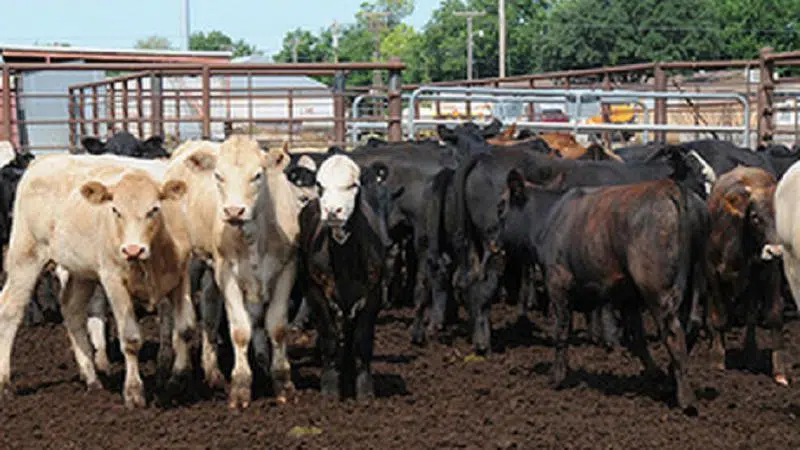
Ponoka County wins court battle over CFO regulations
A Court of Queen’s Bench judge in Edmonton has ruled against a farm advocacy group and its claims of unfair restrictions towards new confined feeding operations (CFOs) in Ponoka County.
Following a hearing held on Feb. 20, the Honourable James T. Neilson ruled on Apr. 20 that he was unable to conclude that Ponoka County’s enactment of its Area Structure Plan (ASP) Bylaw, and the amendments to its Municipal Development Plan (MDP) in October, 2018, were patently unreasonable.
The County’s ASP is said to address the problem of conflicting land uses in part of Ponoka County lying northwest of the town of Ponoka, where increasing the number of CFOs may be incompatible with other existing, and future land uses.
The area in question covers about 88,000 acres bounded by Highway 2 to the east, Highway 53 to the south, Highway 792 to the west, and Highway 611 to the north.


